Tips for Taking Your Medication During a Crisis
This post may contain affiliate links. We may earn a commission if you purchase via our links. See the disclosure page for more info.
Taking medication during a crisis can be challenging, but it’s essential to prioritize your health. Whether you’re dealing with a natural disaster, a pandemic, or any other emergency situation, here are some tips for taking your medication during a crisis.
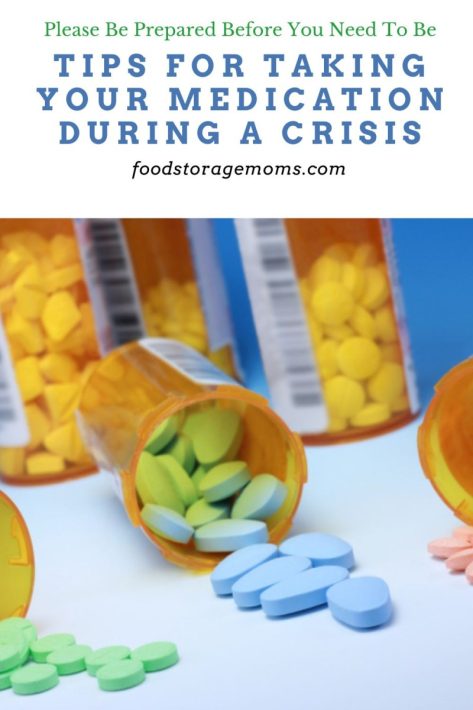
Build an Emergency Medication Kit
Prepare a medication go bag with at least seven days’ worth of over-the-counter (OTC medicines) and prescription medications that you take regularly. Make sure to put them in labeled containers you can read clearly for easy identification. That is particularly important for any new medicine types you aren’t as used to taking. If you have questions regarding any drug administration issues, pharmacists are more than happy to answer your questions.
Include any necessary medical supplies, such as syringes, inhalers, or glucose monitoring devices. Keep a list of your medications, dosages, instructions, and important contact information for health-care providers. How To Make 72-Hour Kits
Plan Ahead for Prescription Refills
In case of a crisis, it’s crucial to have a plan in place for obtaining your prescriptions. Ensure you have an adequate supply of medications on hand. I like to keep a 90-day supply so I don’t ever have to worry about disrupting my daily routine as I strive to maintain medication adherence as prescribed. It’s important that I don’t end up facing a life-threatening situation.
Talk to your healthcare provider about authorizing early refills or obtaining larger quantities of necessary medications. Consider using mail-order pharmacy services or establishing a relationship with a local pharmacy that offers delivery options.
Follow Medication Safety Guidelines
Always take your medications as prescribed by your healthcare provider. Store medicines properly, following the recommended storage conditions.
Keep medications out of reach of children and pets. Dispose of expired or unused medications appropriately according to local guidelines. This is one of the most important tips for taking your medication during a crisis. Be Prepared With Over The Counter Drugs For Survival
It’s vital that you take all medicines as directed, particularly if needed all days of the week. To keep track of your medicines I suggest you consider a pill box approach. Mark and I each have a pill box with the days listed at the top so we can make sure we empty that day’s supply. My pill box is a weekly one and Mark’s can store a full month’s worth of different medicines that include vitamins, supplements, and natural herbs.
We store the pill boxes in the best place away from heat and moisture as directed by following proper storage instructions.
Create an Emergency Medication Plan
Develop a plan to ensure continuity of care during a crisis. Share this plan with trusted family members, friends, or caregivers.
Include detailed instructions on when and how to take each medication, potential side effects to watch out for, and what to do in case of missed doses. If possible, set up reminders or alarms on your phone or use pill organizers to help you stay on track with your medication schedule. You not only don’t want to miss a daily dose, but you want to protect yourself from any chance of an overdose.
Write down what to do if you have symptoms of any allergic reactions. Be sure not to mix drugs you’ve been told may cause drug interaction issues. Older adults need to be aware of possible challenges to their liver and kidneys from various drugs and report to their healthcare provider pain, rash, digestive problems, or other new issues.
Seek Professional Guidance
Consult your healthcare provider if you have concerns about medication management BEFORE or during a crisis.
They can provide guidance on adjusting dosages, potential interactions with other medications, and any additional precautions specific to your conditions.
How can I ensure I have enough medication during an emergency?
It’s important to plan ahead and have a sufficient supply of medication on hand. Talk to your healthcare provider about authorizing early refills or obtaining larger quantities of necessary medications.
What should I include in my emergency medication kit?
Your emergency medication kit should include at least seven days’ worth of over-the-counter and prescription medications you take regularly. Label the containers clearly for easy identification. Also include any necessary medical supplies, such as syringes, inhalers, or glucose monitoring devices. Keep a list of your medications, dosages, instructions, and important contact information for healthcare providers.
Can I get my prescription medications delivered during an emergency?
Many pharmacies offer delivery services, especially during emergencies. Check with your local pharmacy to see if they have this option available. Consider using mail-order pharmacy services, which can deliver medications directly to your doorstep. Note that many of these services may be discontinued during a major disaster.
What if I run out of medication during an emergency?
If you run out of medication during an emergency and can’t access your regular supply, contact your healthcare provider as soon as possible. They may be able to provide guidance or prescribe a temporary supply to help you through the situation. What Are 20 Basic Items in an Emergency Kit?
How can I safely store my medications during an emergency?
Follow the recommended storage conditions for your medications, such as temperature and light exposure. If you need to evacuate, try to bring your medications with you in a cool and dry container, possibly a cooler will work best. For sure, if refrigeration is required for certain medications, consider using a portable cooler or ice pack to keep them within the appropriate temperature range.
What should I do if my medication is lost or damaged during an emergency?
If your medication is lost or damaged during an emergency, contact your healthcare provider or pharmacy as soon as possible. They can provide guidance on obtaining a replacement or alternative medication.
More Tips
- What To Do When There Is No Medical Help
- How to Choose the Right Backpack for Emergency Situations
- 10 Simple Ideas on Beginning Prepping
Final Word
Remember that taking your medication consistently and correctly is crucial for managing your health, especially during challenging times. Following these tips for taking your medications during a crisis and being proactive in preparing for emergencies, you can ensure you have the necessary medications to stay healthy during a crisis. May God Bless this World, Linda
Copyright Images: Prescription Drugs Depositphotos_27130631_S by Garyphoto

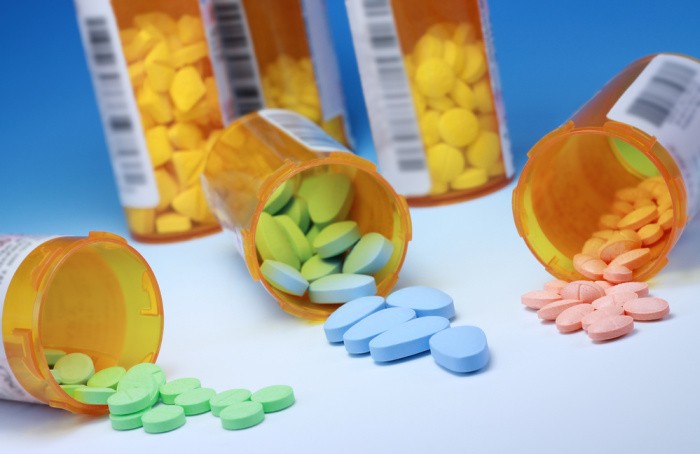

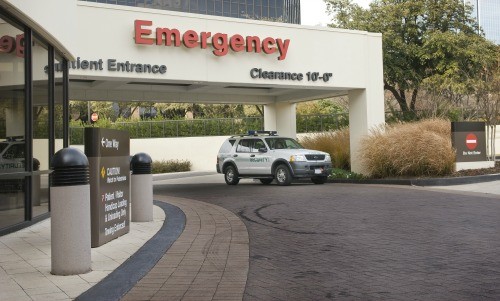





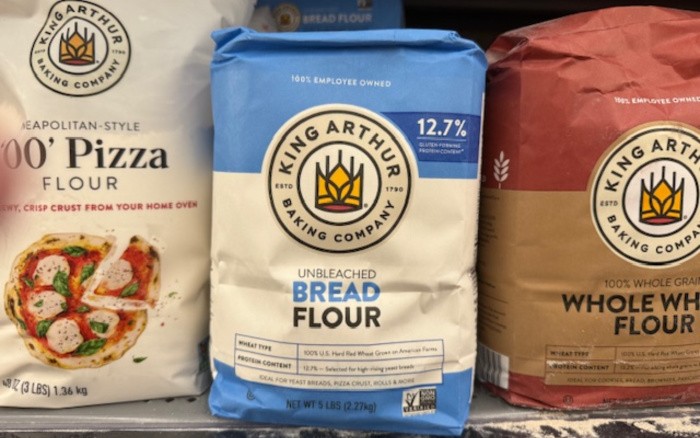
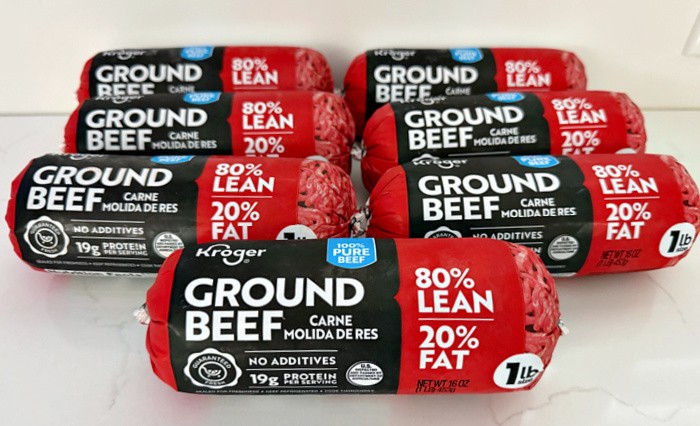





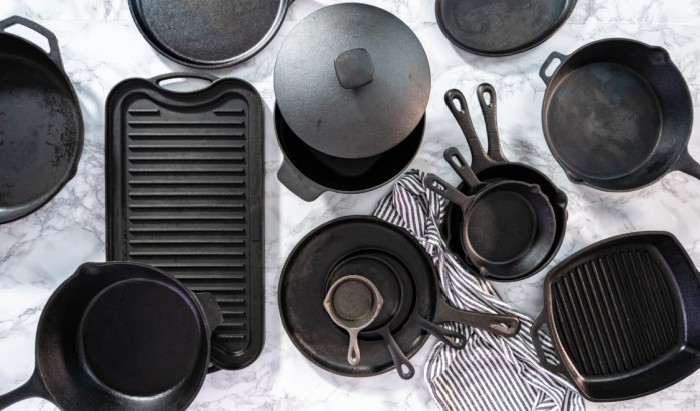
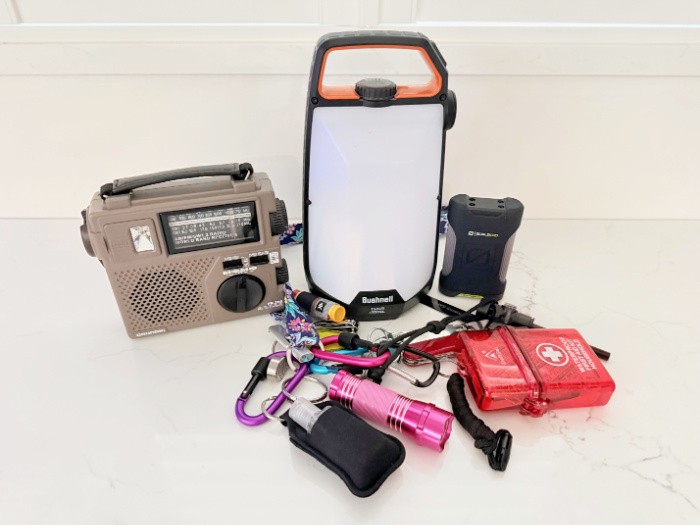

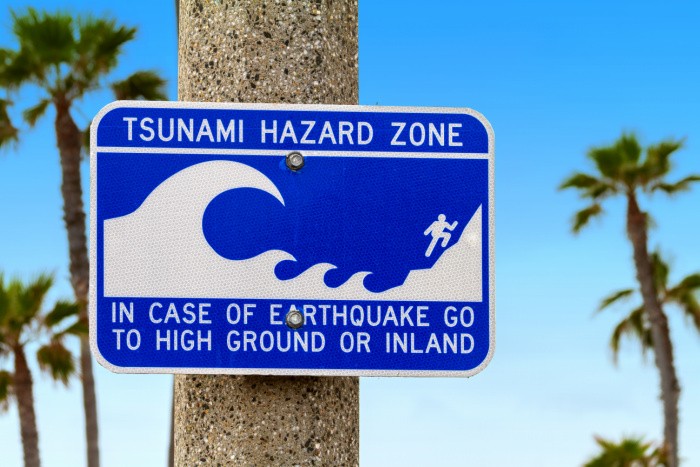


In Oklahoma post tornado most pharmacies are pretty good about getting you replacements if needed.
Regardless of what’s going on take your meds and as close to the time you normally do. Traveling overseas it can get tricky like doing military stuff.
You have to take care of yourself because your no good to anyone if you don’t.
HI Matt, I love hearing the pharmacies where you live are great to work with especially with the tornadoes you have had to deal with. I totally agree with you we must take our meds to keep us in shape for what is needed at any point in in time. Linda
I received a years’ supply of my thyroid meds through JASE medical and it gives me so much peace of mind to know I have them just in case! Another excellent article— thanks for keeping us prepared! 🙂
Hi Carrie, I’m so glad you mentioned JASE medical, I gave the link to a friend yesterday. I am going to go through them to stock up on the ones I need as well. I had an incident on Wednesday the day before Thanksgiving and knew I needed antibiotics and the InstaCare doctor was hesitant to prescribe them for me, after convincing him I NEEDED them he wrote the script. That will never happen to me again, trust me. I am going to order some through JASE medical. Thank you for your kind words, Linda
Good to remember that, in the case of antibiotics, ranch supply and pet stores carry them. You just need to adjust the dosage for a person instead of a horse or a dog or a fish. Such antibiotics are human grade–they have to be because fish and horses in particular have “delicate” constitutions.
Many insurance companies won’t pay for prescriptions written for more than 90 days at a time. I need to check JASE out myself.
Good tips.
HI Ray, I’m sure we will have to pay cash for prescriptions longer than 90 days. But I use GOODRX to find the cheapest places. I am going to call JASE Medical on Monday. It sounds like you have to buy the initial Jase Case and THEN add some other prescriptions. Before I do that I want to see what amounts I can buy of the ones I want. There is a long list of prescriptions and several of them I would like to stock up on. It looks like we have to “talk” to a doctor online possibly in order to be able to get the prescriptions. I checked out one of the cases and half of it I wouldn’t use. I’m sure you are like me we want certain ones. My main concern is antibiotics. I will let you know what I find out. Linda
My husband and I take so many medications, that rather than just make an emergency kit for just a week or so, I have a insulated bag that I keep in the kitchen, where our medications and supplements are. I actually timed how long it would take me to sweep them into our go bag…. 2 shelves, total 5 minutes. That’s everything including Tom’s diabetic test kit. There’s 6 months of all medications and supplements. While our plan is to shelter in place, we did a test run. We can be out the door in 45 minutes including raised air mattress and bedding.
HI Chris, I love hearing you have this all planned out! Great idea, right down to air mattress and bedding! Good job, Linda